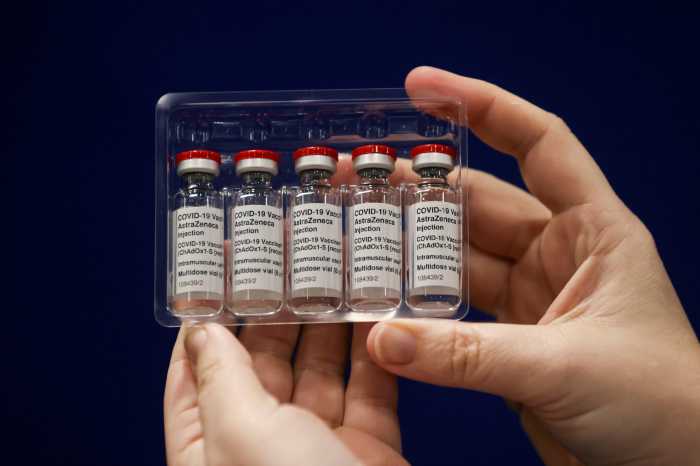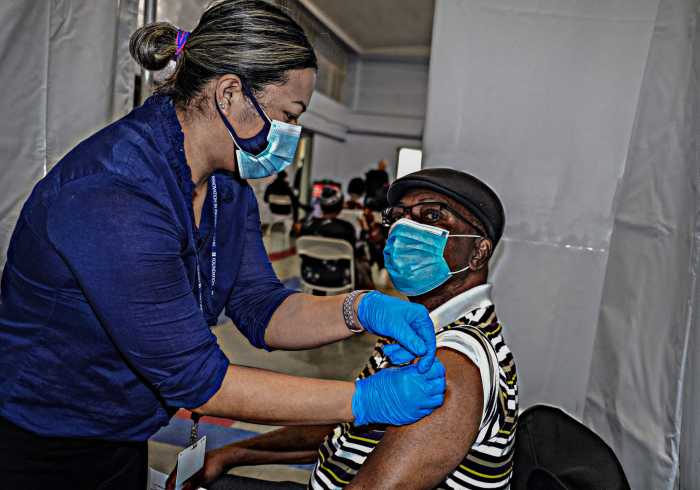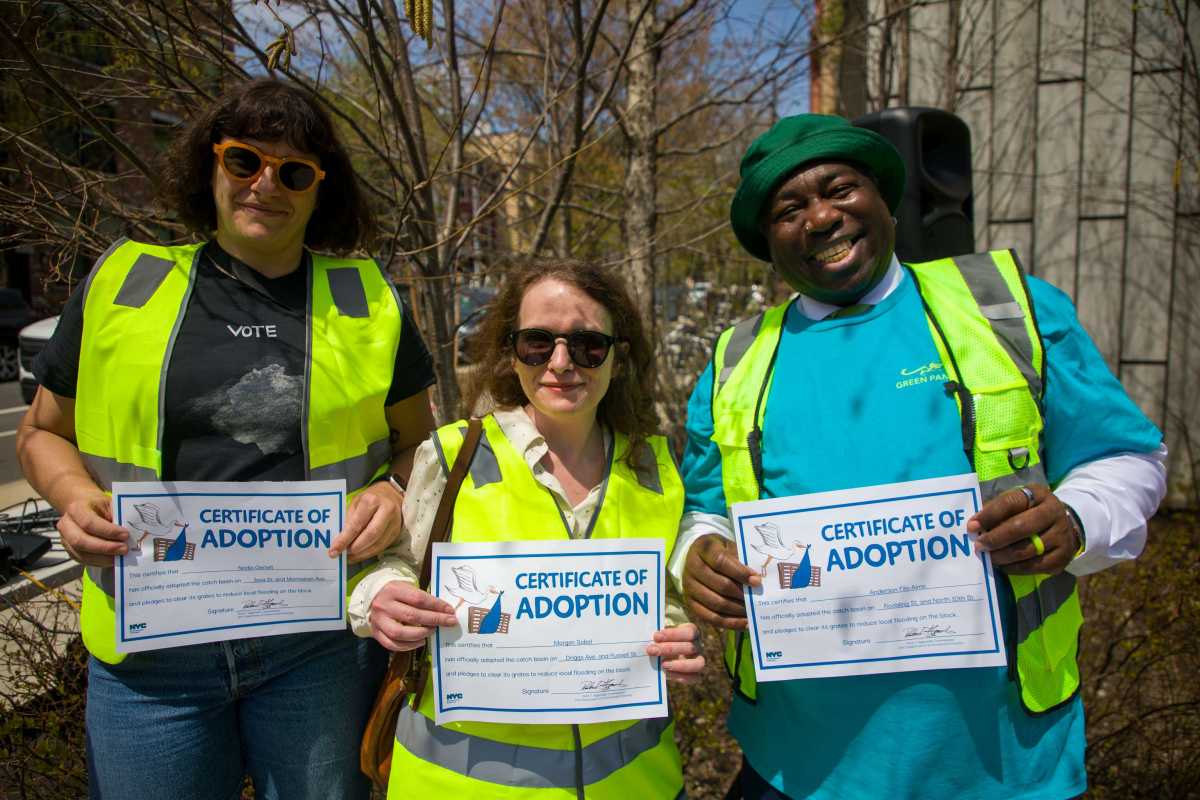New York City health officials said Thursday that the best defense against a newly-discovered COVID-19 variant in New York City is to keep doing what New Yorkers have been doing for nearly a year: social distancing, masking up, washing their hands, and getting vaccinated when they are eligible.
“We need you to continue to do all of the things that we’ve been doing,” Public Health Advisor Jay Varma said on Thursday. “We realize this is painful and difficult, but persistence is really important.”
The new strain, identified by a team of researchers at Caltech and Columbia University known as B1526, has raised concerns among researchers that it could adversely impact the effectiveness of COVID-19 vaccines.
Varma cautioned however that the science on the new strain is still unclear, and it’s not yet known whether the strain will, in fact, affect vaccinations, or be more contagious and deadly like some other newer strains have been.
“You need to be a little skeptical of everything you read,” Varma said. “Not all variants are a public health concern. Some variants are just that — they’re variants.”
Varma also said that all current research shows that the available vaccines are effective against different variants.
“What we see from trial after trial including all of the data from Johnson & Johnson is that all of the vaccines that are authorized in the U.S., the J&J vaccine which is likely to be authorized, are incredibly effective at preventing severe illness, hospitalizations, and deaths,” he said.
The new variant was found to be “rapidly spreading” through New York, with cases found scattered across the northeast, raising concerns that it could become the dominant strain in New York. New strains have emerged as the next battlefield in the battle against coronavirus, with some models predicting that the highly contagious United Kingdom strain could become the dominant strain in the United States by the end of March.





































